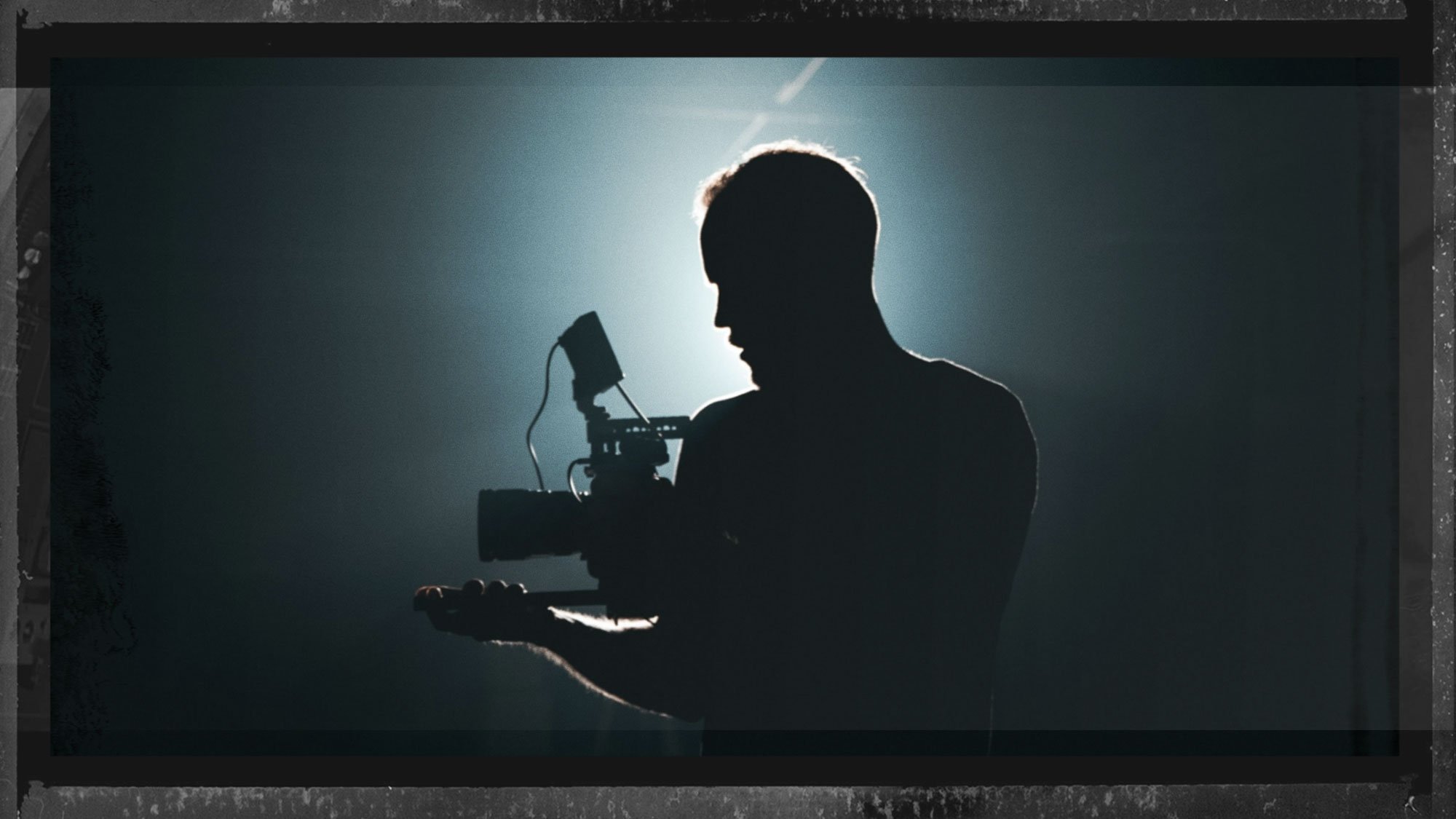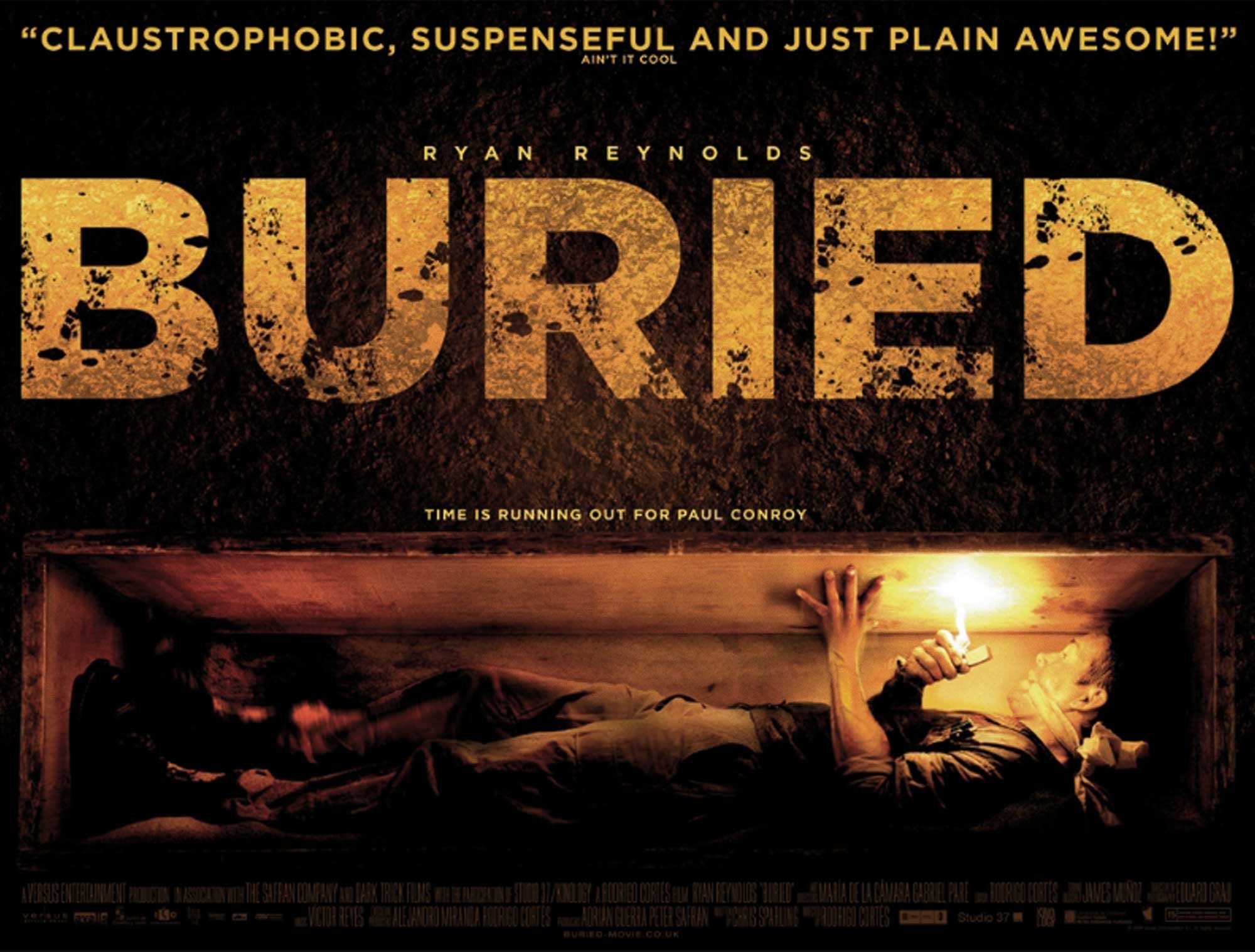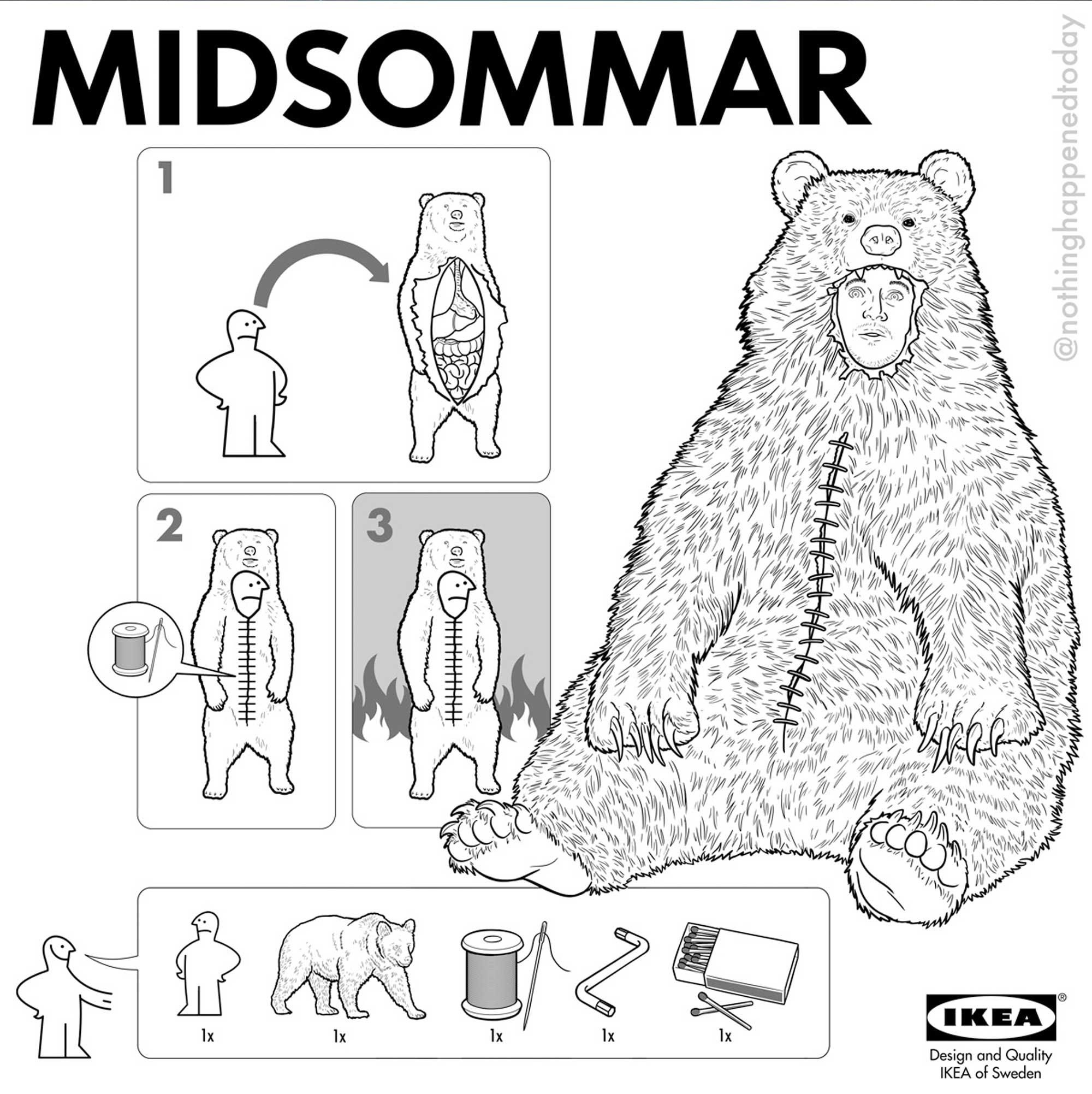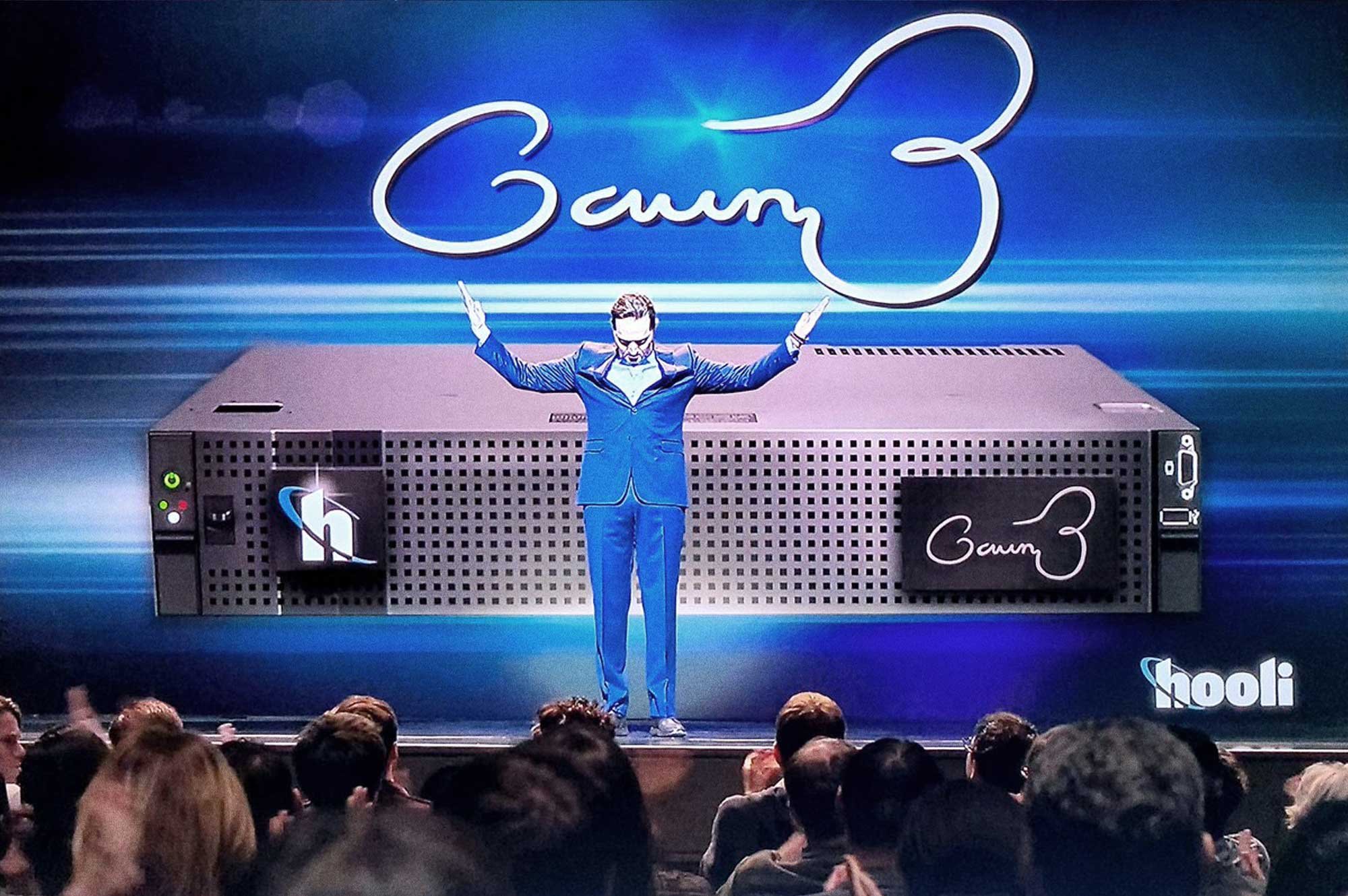4 things I learned on my micro budget short
By Jack Carey
I worked on a short film at the height of the Omicron pandemic in December 2021, and thought I'd share my four biggest takeaways.
Think big in a small space
When I originally wrote the short, I purpose-designed it to take place in a singular location, specifically one room – which would minimize the amount of actors, crew and set-ups. Screenwriter Simon Barett talks about this approach when writing You’re Next, where he forced himself (partly as a writing exercise and partly because he was broke) to write a horror movie all set in one house – a move which allowed them to squeeze every last cent out of the budget.
On the day, this was monumentally helpful, as neither the crew nor actors had to make any location changes, our DOP only had to light one room, leading to huge time and cost savings.
That was not to say that the space didn’t have its limitations – at one point the Director, DOP, Producer, HMU, and Script Supervisor were all huddled in a bathroom adjacent to our one room hotel set, watching the same monitor. I was sitting on the toilet and being very quiet.
2. A script is like an IKEA manual
Being on set every day was an eye opening experience and allowed me to see how a variety of different creatives interpret a script. Watching the director and DOP at work, juggling lenses and lighting, was a lot like watching people build a flat pack from IKEA – their job is to find out how it fits together, I just wrote the manual. It was a privilege to watch so many talented people putting the pieces of my film story together.
I had to walk a particularly noisy Corgi for a few miles when it decided to bark between takes and ply him with biscuits until we were finished.
3. Beg, borrow and steal, and when in doubt… beg some more
This short could not have been made without the enormous amount of goodwill we received from others. From people giving up a week of their time to work on it, to the hotel staff not kicking us out after a week of putting up with a noisy film crew. But one thing we learned is how important it is to work smart, not hard. For props, we ransacked my work office for a “hotel phone” (of course our hotel didn't have one), an old iPhone was lifted from someone’s mum, and a wrecked painting was taken from – and strategically put back in – the hotel’s storage room.
I had to walk a particularly noisy Corgi for a few miles when it decided to bark between takes and ply him with biscuits until we were finished. The producers even reluctantly lent a hand by drinking some liquor so we had a few empty bottles…
But it was a collective effort to jury rig any problems and pitfalls that plagued us, and somehow we managed it.
4. Networking isn’t a dirty word
I used to hate the word networking, I thought it was the type of wanky word people used when they worked a room full of people to try and see who would be valuable to them. But what I realized is that networking isn’t about working a room, it’s about meeting people, be it through work, friends or social events. This short was crewed largely by people I’d met in the industry by just striking up a conversation and without them it wouldn’t have been possible. What I learned is that most people network by accident, and if you’re lucky, it’s through doing the things you love.
I certainly loved every minute of the experience, and sheer education, of seeing my short film story brought to life.
Get killer articles in your inbox.
Subscribe to Screenwriting Intelligence.





